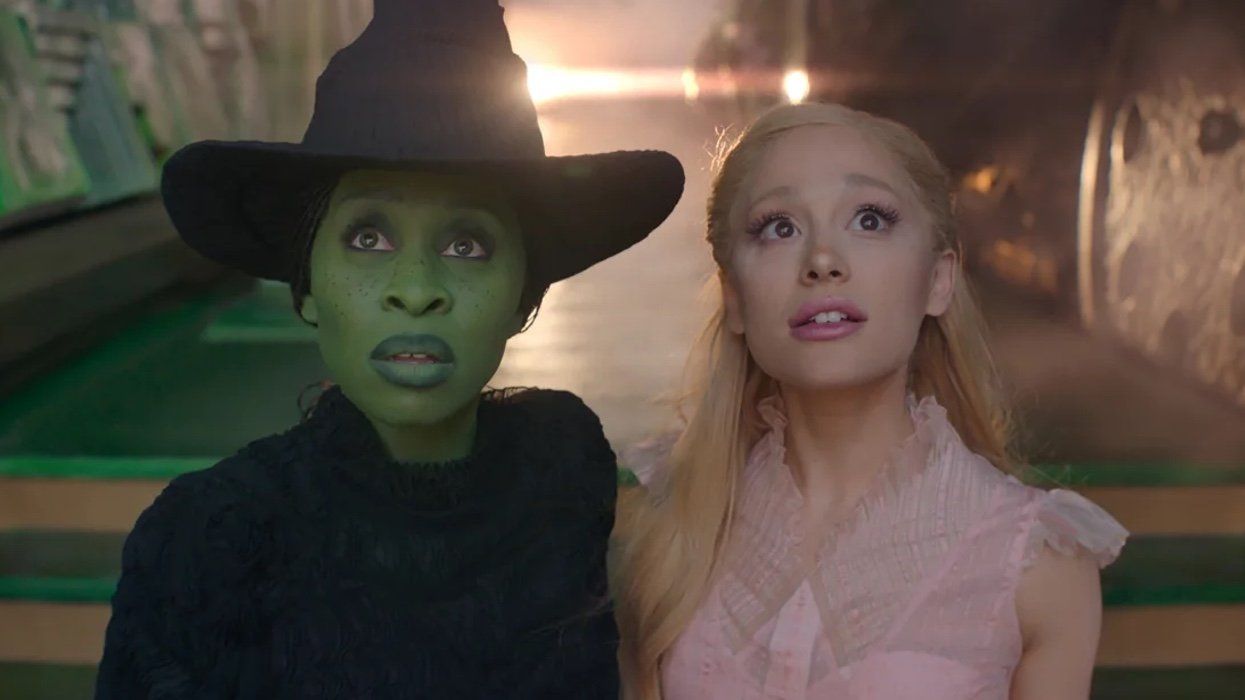
Are female protagonists finally getting their time to shine at the box office? According to an annual study on inequality in film, for the first time, the answer is "yes"
For the past 18 years, the USC Annenberg Inclusion Initiative has published an annual report examining gender, race/ethnicity, and age of leads and co-leads in the top 100 films released each year. According to this year’s study, studios broke new ground in 2024 by finally achieving parity between male and female leads.
Of the 100 top-grossing films of the year, 54 featured female protagonists — a notable upward trend compared to 2023, where female protagonists were only featured in 30 of the top 100 films.
It feels like a win for women — at least for the time being — but the remainder of the data didn’t look quite as optimistic. The study also found that only 25 of the top 100 films featured a non-white lead or co-lead, down from 37 the year prior. Latino/Hispanic representation was the lowest among the group, with only a single film (Abigail) featuring a Latino or Hispanic actor at the helm. Multiracial actors made up the bulk of this group, featured in 11 out of 100 movies.
Another disappointing conclusion drawn by the study is that older actresses still aren’t being afforded the same opportunities as their male counterparts in feature films. Only 8 films starred an actress in the 45+ age range, compared to 21 male actors.
While the age statistics stayed similar to what they were in 2023, the fact that underrepresented racial/ethnic groups became even more underrepresented this year is a stark reminder that we’re not always marching forward.
We won’t have GLAAD’s annual studio responsibility index analyzing films from 2024 for LGBTQ-inclusion until later this year, but their analysis of 2023 provided a similar reminder. In that study, they found the number of LGBTQ+ characters in fictional films from 10 major distributors decreased from 253 in 2022 to 170 in 2023.
The majority of 2024 films looked at by the Annenberg Inclusion Institute came from the following distributors: Universal Pictures, Warner Bros. Pictures, Lionsgate, Paramount Pictures, Walt Disney Studios, and Sony Pictures Ent. Of these companies, only Disney has scaled back its Diversity, Equity, and Inclusion efforts amidst Donald Trump's return to the presidency — so far.
As to whether that will change and how this impact will be reflected on screen remains to be seen. But for now, at least we’ve finally gotten one year where studios invested in films featuring female protagonists and saw it pay off.
